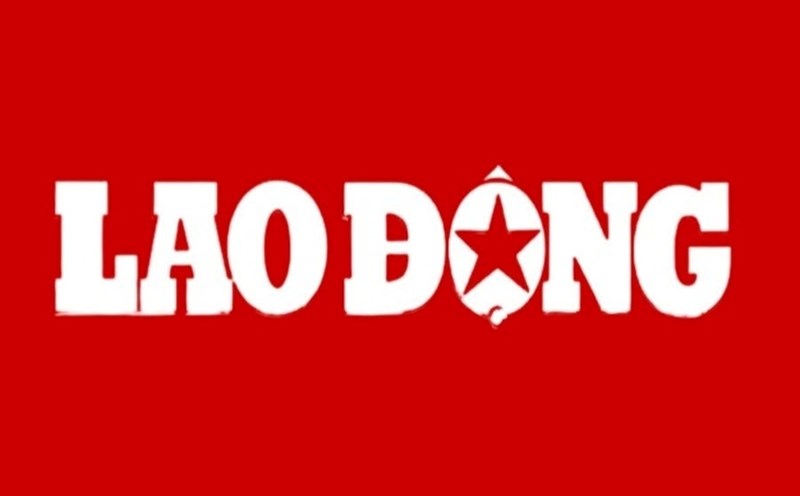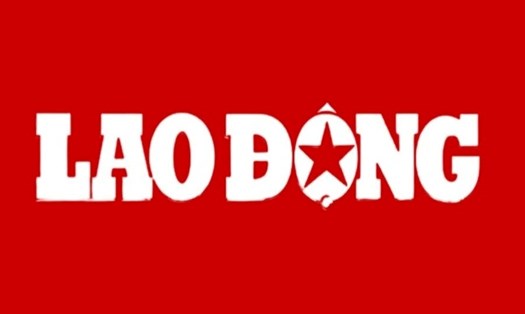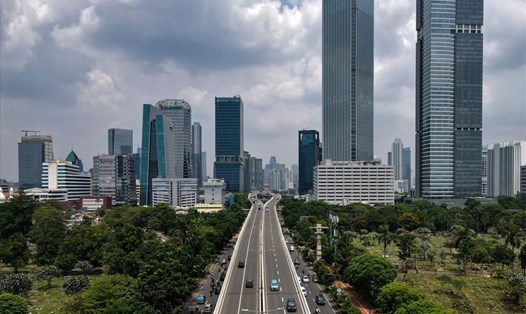CNN reported that the stock market collapsed amid concerns that the US may be heading towards recession.
The Japanese stock market suffered its biggest one-day decline on August 5 as the global sell-off increased after weak US employment data.
The Nikkei 225 ended the day down 4,451 points - the biggest drop in history. The index has fallen more than 12%, pushing the gap to 24% since the beginning of July. This index has now entered a downward market, defined as a 20% decrease compared to the recent high.
In the context of a sharp decline in the market, transactions have been temporarily suspended in Japan and Korea to prevent panic selling.
Previously, on August 2, the Nikkei index closed down 5.8%, marking the largest daily decline since March 2020, as traders worried about the impact of a stronger yen on Japanese companies after the Bank of Japan (BOJ) signaled that it could raise interest rates further. The increase in the yen will hurt exporters and companies with income abroad.
The rapid increase in the Japanese currency has also forced many market participants to cancel transactions with the Yen interest rate difference, an extremely popular trading strategy. With extremely low interest rates in Japan for decades, many investors have borrowed cheap cash there to switch to other currencies and invested in assets with higher yields.
Last week, the yen increased by nearly 5% against the USD. On August 5, the currency continued to increase in price, increasing by 2.2% to 143.3 yen to 1 USD.
Stephen Innes - managing partner of SPI Asset Management - said: " Stronger unity has created the domino effect, promoting the cancellation of interest rate differential transactions globally".
The market turmoil has since turned into a "comprehensive snowfighting", fueled by a sudden change in the hawkish direction from the BOJ, slowing China's economic growth and weak data from US technology giants.
Last week, the BOJ raised interest rates by 15 basis points to 0.25% for the second increase this year and announced a plan to gradually reduce bond purchases.
China's PMI index fell in July, signaling that weakness in sluggish activity will continue.
In the US, Amazon reported below-expected revenue in the second quarter and a disappointing outlook for the third quarter. Intel reported a loss of $1.6 billion in revenue in the second quarter and announced plans to cut 15% of its workforce to reduce costs.
Other Asia-Pacific markets also plummeted on August 5.
The Korean stock exchange has taken a "circuit disruption" measure to temporarily suspend trading in the Kospi benchmark after the index fell more than 8%.
Taiwan's Taiex index (China) fell 8.4% - the worst day ever.
Australia's S&P/ASX 200 fell 3.6%. The Hang Seng Index of Hong Kong (China) and Shanghai composite of China decreased by 2.6% and 1.2%, respectively.
Asian stocks fell sharply on the Wall Street on August 2, as disappointing employment data heightened concerns that the US economy was weakening. The Dow index closed down 1.5%, the S&P 500 lost 1.8% and Nasdaq composite lost 2.4%.
Other markets are also showing concern. On August 2, oil prices stabilized at their lowest level since January. Brent crude oil futures and US WTI crude oil both fell more than 3%.
Regarding domestic gasoline prices in the US, the storm in the Gulf of Mexico could cause gasoline prices to increase. Hurricane No. 4 Debby rapidly strengthened before making landfall in Florida.








